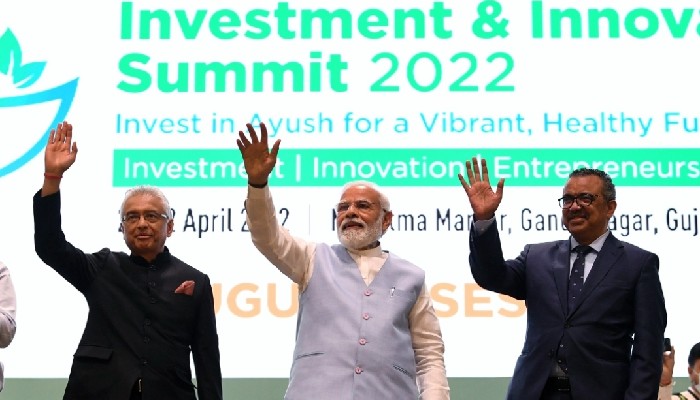India’s political commitment to end TB is reflected in the more than four-fold increase in budget allocation in the period 2016-2018
Applauding the support of the World Health Organisation (WHO) in India's fight against Tuberculosis, Union Health Minister Harsh Vardhan has said the Badgam district in Jammu and Kashmir and the Union Territory of Lakshadweep are now TB free.
Pointing out that the country was targeting the elimination of TB by 2025, he said on Tuesday that this was important not only for India, but had much deeper ramifications for the whole world and would considerably motivate smaller countries to this end.
The Union Health Minister was addressing the Tuberculosis Technical Consultants Network Teams comprised of WHO-National Professional Officers for TB and consultants from across the country through video conference.
WHO had always been a constant source of transformative change in all health matters, from technical support, research, policy, monitoring and evaluation,capacity building to public health communication and knowledge dissemination, Harsh Vardhan pointed out.
He was joined by Poonam Khetrapal Singh, Regional Director, WHO-SEARO, and Dr Roderico Ofrin, WHO Representative to India.
Singh observed that India’s political commitment to end TB was reflected in the more than four-fold budget allocation for TB in the period 2016-2018 (from 105 million USD to 458 million USD).
She also pointed out that this allocation ensured that the WHO Tuberculosis Consultants Network was not dependent on any other donor source for sustenance, a statement issued by the Union Ministry of Health and Family Welfare said.
During his address, Harsh Vardhan said, "The success of the TB Jan Andolan solely depends on activities reaching grassroots populations. Action has to pivot around states and most importantly, in hard-to-reach areas. No two States are the same and we need to customize activities as per geography to accomplish a multiplier effect and bring in perceptible and measurable change".
He stressed on the need to create a scalable and replicable model at the earliest at the grassroots.
He highlighted the important role the Consultant Network under the National Tuberculosis Elimination Programme (NTEP) which has helped in reducing the gap of missing cases, and in achieving successful treatment outcomes.
“It is an encouraging sign and reflects that we are now able to provide better access for TB patients through our health sector (both public and private) and also reach out to communities through our Active Case Finding (ACF) drives, and provision of free treatment to TB patients. As proper diagnosis and prompt treatment are key to TB elimination, the consultant network must now focus on both detecting cases early and preventing the emergence of new cases,” he noted.
 Contact Us
Contact Us  Subscribe Us
Subscribe Us









 Contact Us
Contact Us
 Subscribe
Subscribe
 News Letter
News Letter

